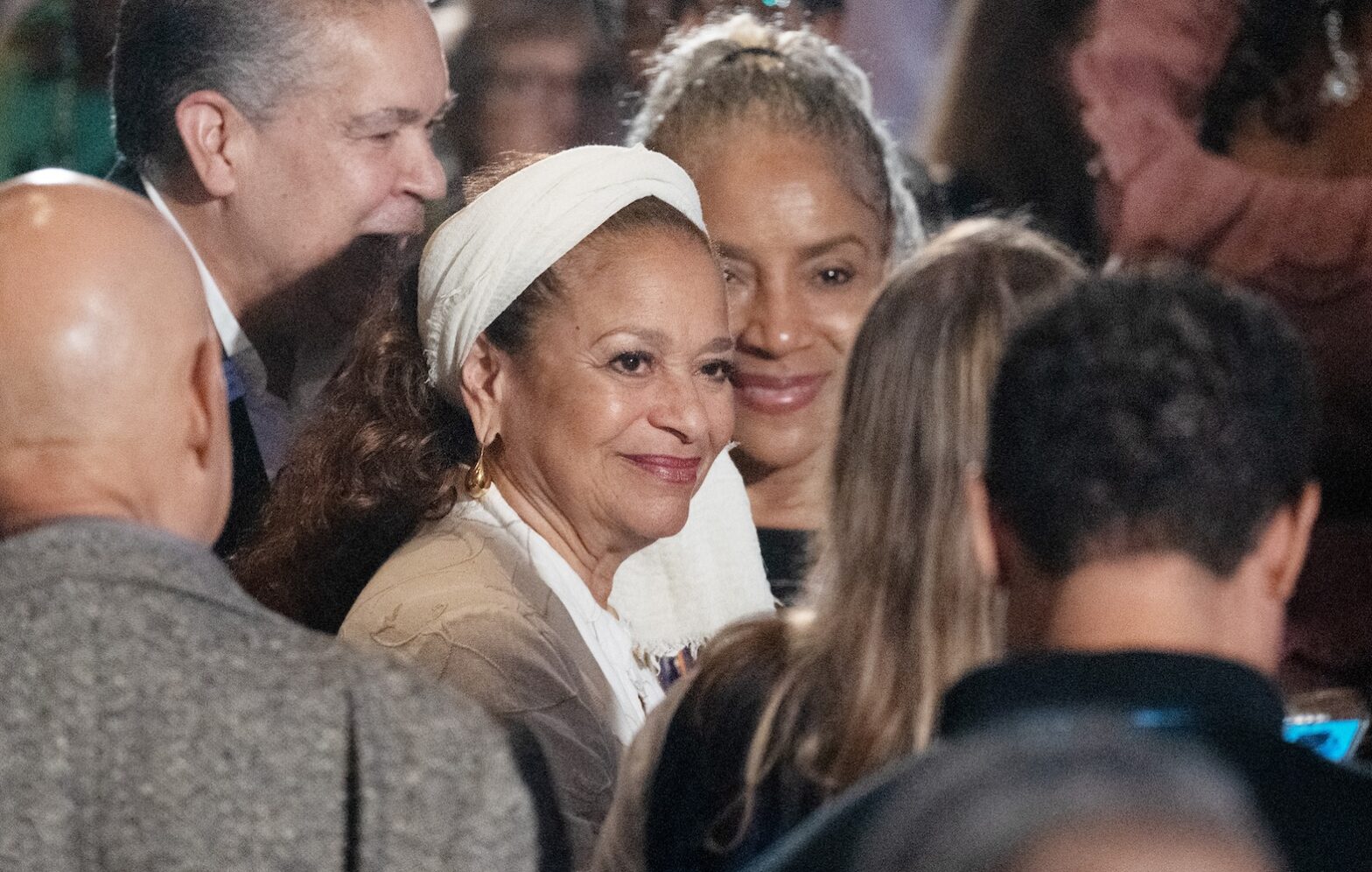There is an often-hidden reality for African-Irish children, but many of them are trying to bring it to light as they are on a mission to find more on their identity and heritage.
In the early 1960s, the Irish government-funded programs that would bring people from African countries to Trinity College, the University College Dublin, and Royal College of Surgeons to study medicine, law, and government administration.
By 1962, more than 1,100 students were enrolled from countries like Nigeria, Ghana, and South Africa.
The students, however, weren’t always accepted by the Irish. The BBC reports news articles from the time revealed physical attacks on the African students and told the story of housing discrimination policies.
While many had relationships with Irish women, marriage was rare because of the culture at the time. Children from these relationships were often placed for adoption in facilities known as “mother and baby homes.”
Unfortunately, the adoptions operated in a closed system, which means no contact or sharing of information between the adopted child and the natural parents. As a result, many African-Irish people don’t have access to their birth certificates and other early life information, including what hospital they were born in.
During an interview with the BBC, Conrad Bryan told the publication he spent years trying to retrace his origins.
Bryan, who was born in 1964 to an unmarried Irish woman spent his early life in Ireland’s infamous church-run and state-funded mother and baby home— St. Patrick’s on the Navan Road.
His dad was one of the students studying in Ireland during the 1960s. For the longest time, he thought his father was from Nigeria.
Determined to find more about his identity, Bryan reached out to the orphanage he grew up in, and they put him in contact with a social worker and his birth mother. He finally received more information after five years of back and forth between the social worker, his mother, and the Royal College of Surgeons.
He learned his father was Dr. Conrad Kanda Koza from South Africa, not Nigeria as he once was told.
“That was a huge shock,” he told BBC. “I look back on it and think, ‘What a lie I had been living.'”
He decided to reach out to people with the last name Koza in Johannesburg by cold-calling. Bryan got lucky after getting through to a cousin who put him in contact with his dad’s sister.
He discovered his father died in London years before but the rest of his family embraced both him and his wife.
“They looked at a photograph and they claimed me straight away. It was a great affirmation of who I am, and who I should have known I was.”
His story, unfortunately, is like so many other mixed-race Irish people who are still searching for information years later.
Mr. Bryan is now a member of the Association of Mixed Race Irish (AMRI). The organization has asked the government to examine the experiences of mixed-race people, including their experiences with racism, being cut off from their identity, and to dig deeper into claims that mixed children are less likely to be adopted.
Bryan is one of many who have submitted evidence about their experiences and is also at the forefront of helping others find more information about their background.
Travel Noire reached out to AMRI for an interview, but the organization didn’t immediately respond to our request for comment.





